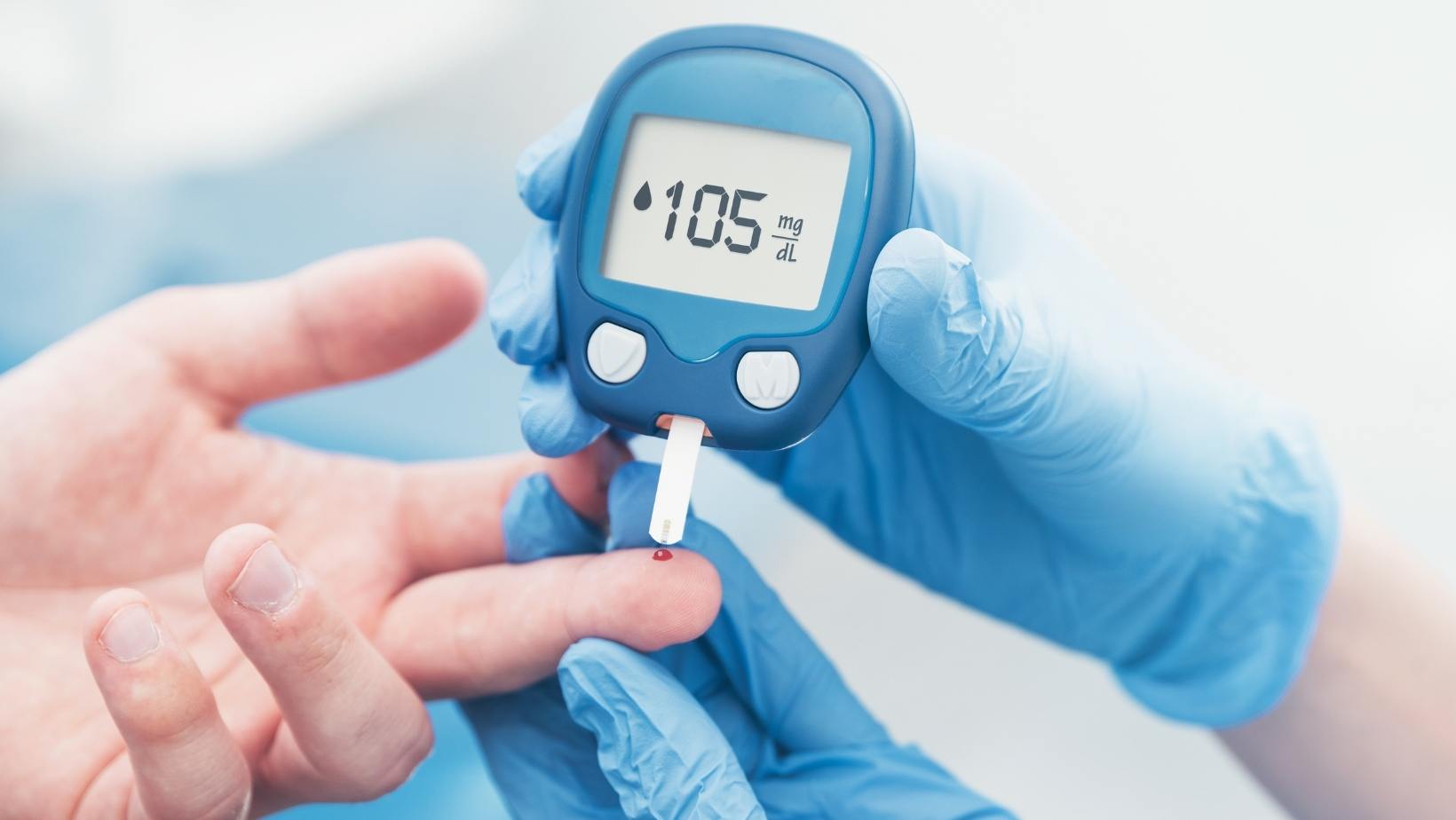
In the bustling rhythm of modern life, a good night’s sleep has become a coveted treasure. Amidst the myriad of sleep aids and remedies, one natural solution shines brightly for its simplicity and effectiveness: cherries. Not just a delicious fruit, cherries harbor secrets to unlocking improved sleep quality and battling insomnia, making them a focal point for anyone seeking a peaceful slumber.
The Science Behind Cherries and Sleep
Cherries, especially tart cherries, are nature’s gift packed with compounds that enhance sleep quality. The key lies in their high melatonin content, a hormone pivotal for regulating sleep-wake cycles. But the benefits don’t stop there; cherries also boast a rich profile of antioxidants and anti-inflammatory compounds, offering a holistic approach to improving sleep and overall health.
Melatonin: The Sleep Hormone
Melatonin signals to your body that it’s time to sleep, aiding in the onset and quality of your rest. Consuming cherries, particularly in juice form, can naturally boost your body’s melatonin levels, aligning your internal clock for better sleep.
Anthocyanins: The Anti-Inflammatory Boost
The vibrant red hue of cherries comes from anthocyanins, potent antioxidants with anti-inflammatory properties. By reducing inflammation, cherries can alleviate conditions that interfere with sleep, such as chronic pain or swelling.
Practical Tips for Incorporating Cherries into Your Diet
- Tart Cherry Juice: A glass of tart cherry juice in the evening can be a simple and effective way to improve sleep duration and quality. Start with a small amount to assess tolerance and gradually increase as needed.
- Fresh or Dried Cherries: Incorporate fresh, dried, or frozen cherries into your diet. They make a great snack or dessert option, contributing to your daily fruit intake and enhancing your sleep simultaneously.
- Cherry-Infused Recipes: Experiment with cherries in your cooking and baking. Whether it’s adding them to salads, desserts, or creating cherry-infused water, there are endless ways to enjoy their benefits.
Considerations and Recommendations
While cherries are a natural and safe remedy for improving sleep, moderation is key. They do contain natural sugars and calories, so incorporating them thoughtfully into your diet is crucial, especially for individuals managing blood sugar levels or weight.
Who Can Benefit?
- Individuals with Insomnia: Those struggling with insomnia may find cherries a helpful dietary addition to improve sleep quality.
- People with Irregular Sleep Patterns: For those with disrupted sleep-wake cycles, including shift workers or frequent travelers, cherries can aid in regulating sleep patterns.
- Anyone Seeking Natural Sleep Aids: If you prefer natural remedies over pharmaceutical sleep aids, cherries offer a delicious solution with multiple health benefits.
Conclusion: Embracing Cherries for Better Sleep
In conclusion, cherries, with their natural melatonin and anthocyanins, present a compelling case for being included in the diet of anyone seeking improved sleep quality. Beyond just being a tasty fruit, they embody a holistic approach to health, offering benefits that extend from better sleep to reduced inflammation and antioxidant protection.
As we continue to search for ways to enhance our wellbeing naturally, cherries stand out as a simple, effective, and enjoyable addition to our nightly routines. So, why not give cherries a chance to sweeten your dreams and soothe you into a restful night’s sleep?












